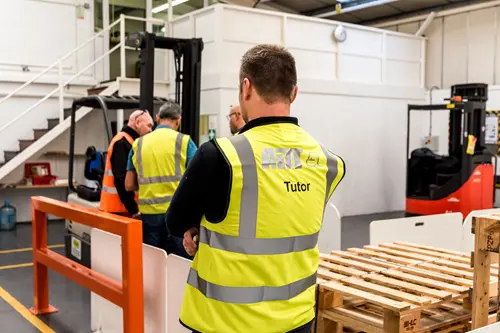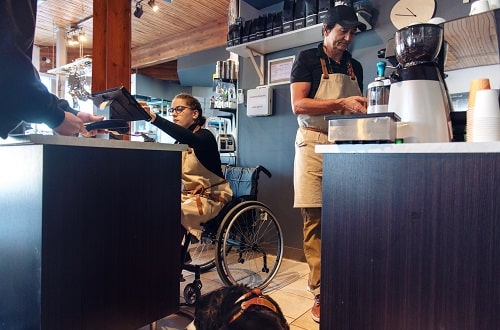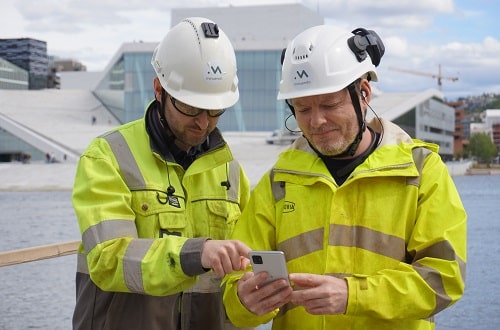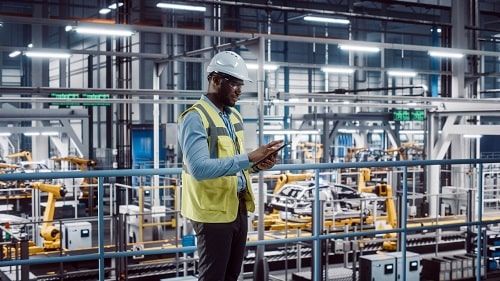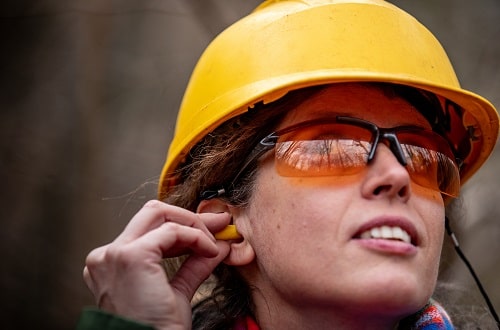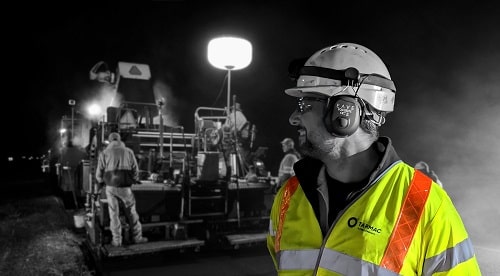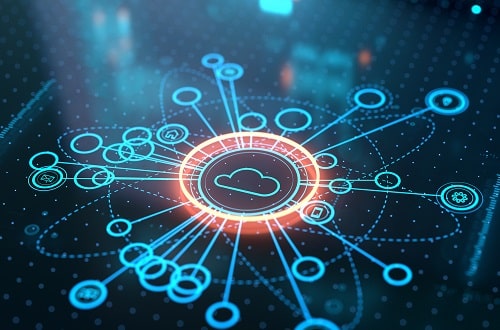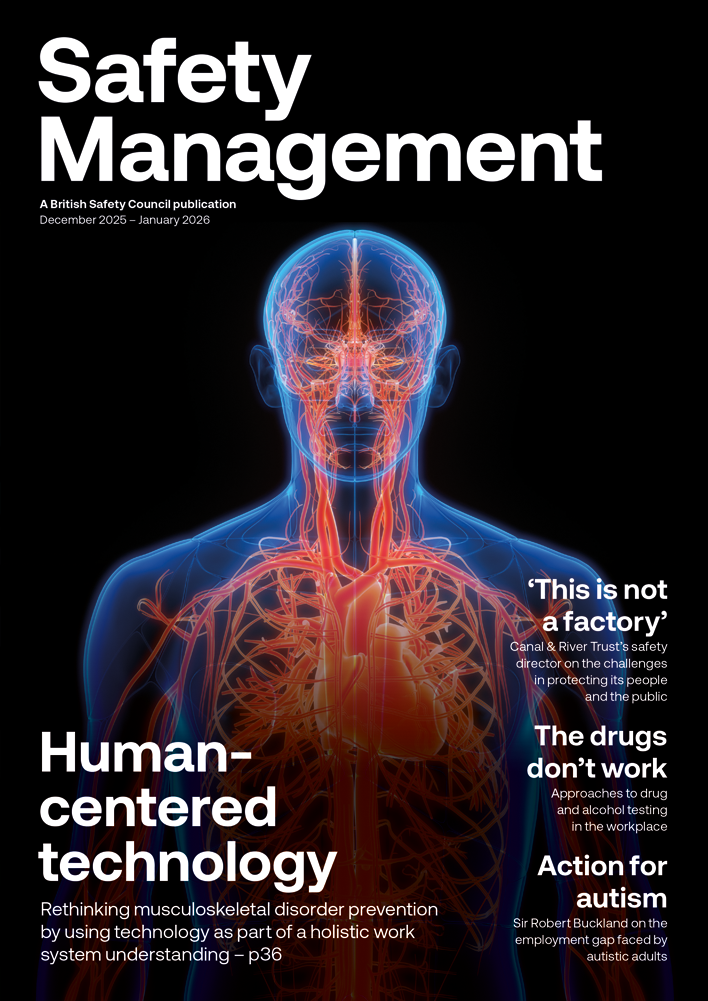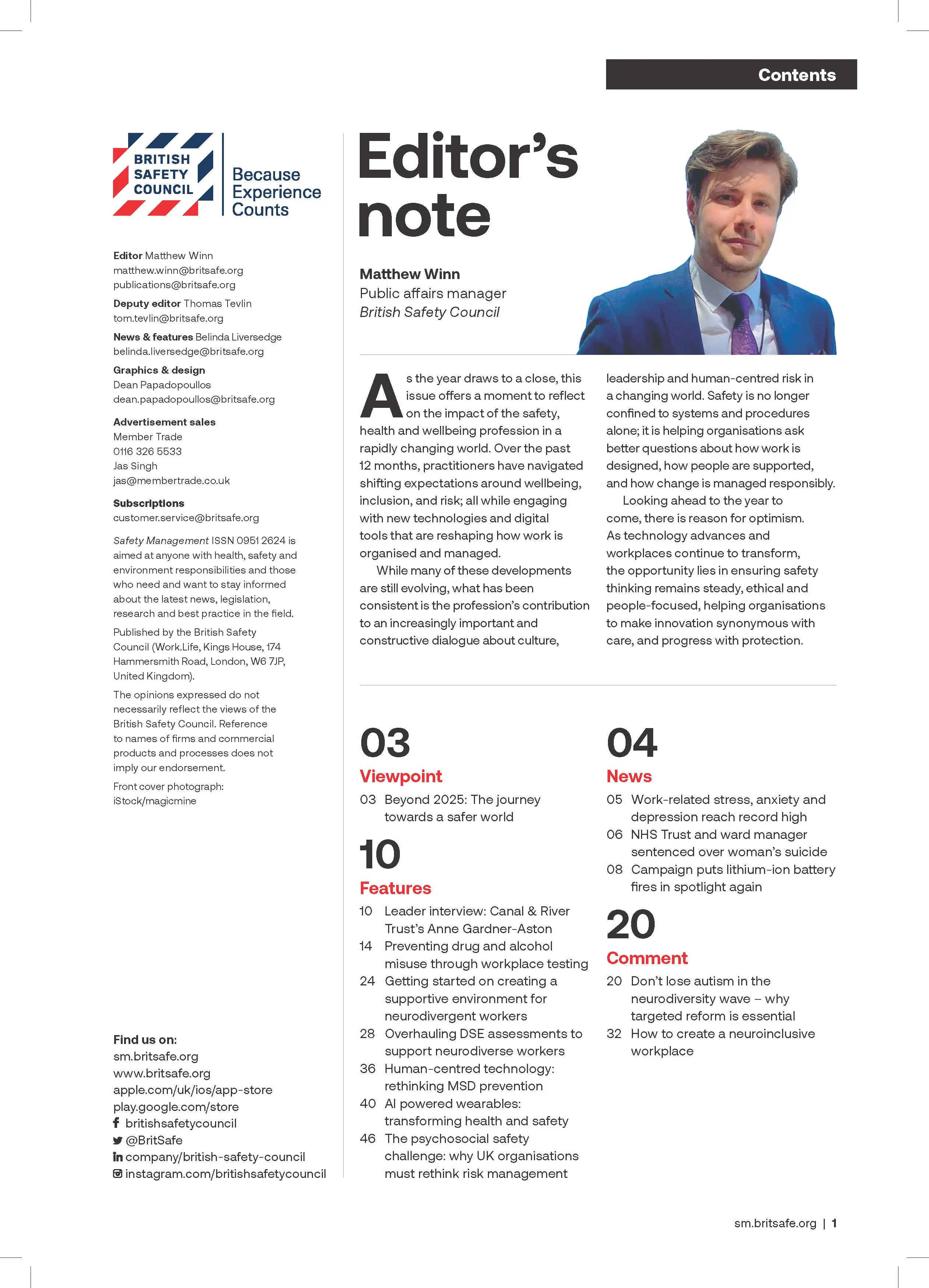Alcohol – the negative impact on work and workplaces
New IPPR research shows that most employees expect their employer to play an active role in reducing alcohol harm. Senior staff, in particular, believe employers have an even greater responsibility. Yet in practice, many employees say they do not see their employer taking meaningful steps to minimise harm.
By Dr Jamie O’Halloran, IPPR on 02 January 2026



